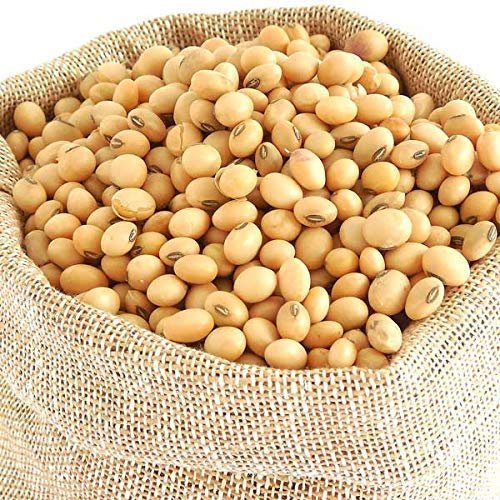Cholesterol and heart disease

According to MedlinePlus, cholesterol is a “waxy, fat-like substance that’s found in all the cells in your body.”
Low-density lipoprotein (LDL) cholesterol is one type that doctors consider to be “bad” cholesterol. The other cholesterol type is high-density lipoprotein (HDL) cholesterol, which doctors consider “good.”
If LDL cholesterol levels get too high, the buildup can cause plaques in the walls of your arteries. This contributes to an increased risk of developing heart disease and strokes.
HDL vs. LDL cholesterol
According to the Centers for Disease Control and PreventionTrusted Source (CDC), HDL cholesterol “absorbs cholesterol in the blood and carries it back to the liver. The liver then flushes it from the body.”
Having higher levels of HDL cholesterol is a good thing and can reduce heart disease and stroke risk.

The CDCTrusted Source recommends the following cholesterol levels:
Total cholesterol: approximately 150 mg/dL
LDL cholesterol: approximately 100 mg/dL
HDL cholesterol: 40 mg/dL and higher in men and 50 mg/dL and higher in women
Soybean protein reduces lipids by half
The findings of the study supported the researchers’ hypothesis—the two proteins found in soybeans, glycinin and B-conglycinin, contribute to the cholesterol-lowering ability of soybeans.
“The soybean variety affects the protein composition and peptide release under simulated gastrointestinal conditions,” write the authors.
The protein B-conglycinin has especially good cholesterol-lowering abilities. The authors found that the peptide released from this protein “reduced HMGCR expression, the concentration of esterified cholesterol and triglycerides, the release of ANGPTL3, and the production of MDA during LDL oxidation.”
Some soybean varieties blocked the synthesis of fatty acids as well as triggered LDL absorption into the liver. This could, in theory, lead to a reduction in fatty liver disease.
Soybeans vs. statins
The researchers also compared the benefits of the soybean flour to Simvastatin, which is a medication used to treat high cholesterol.
The authors found that peptides from the soybean flours had a similar lipid-reducing property as Simvastatin.




